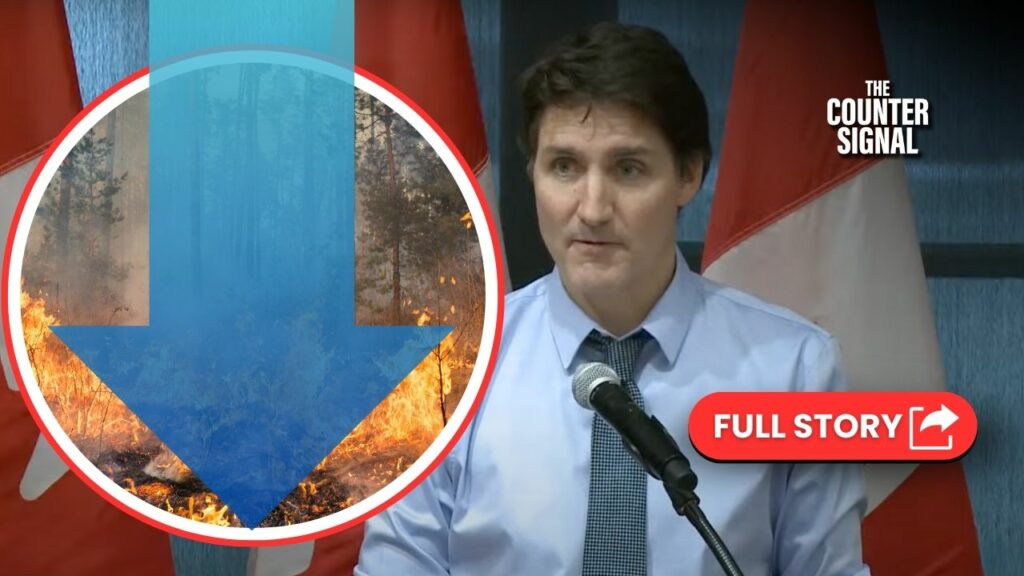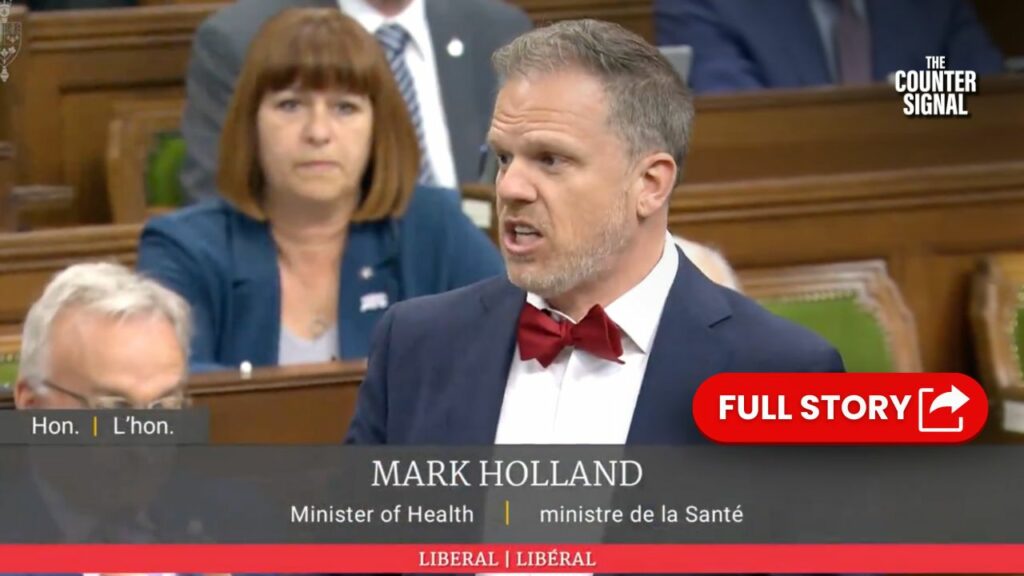A climate scientist has blown the whistle on prestigious academic journals, claiming the only way to get research published is to adhere to a heavily biased narrative — one that pays lip service to a unified ‘emissions reduction’ narrative.

Whistleblower Patrick Brown, Ph.D. climate scientist who is a Co-Director of the Climate and Energy Team at The Breakthrough Institute, told The Free Press that he knows researchers do such “because I am one of them.”
Brown said the issue of climate change is important in looking at wildfires over “many parts of the world,” but added that “ it isn’t close to the only factor that deserves our sole focus.”
However, to get papers past editors and peer reviewers of the best science journals such as Nature and Science, researchers need to omit certain data and findings.
“They select what gets published from a large pool of entries, and in doing so, they also shape how research is conducted more broadly. Savvy researchers tailor their studies to maximize the likelihood that their work is accepted,” he said.
Brown further said he and his team limited their research and simplified their conclusion in a recent peer reviewed paper titled “Climate warming increases extreme daily wildfire growth risk in California.”
Instead of including data on how better forest management or undergrounding power lines can minimize wildfires, the researchers left that knowledge out of their paper.
Brown said, “Did I know that including them would make for a more realistic and useful analysis? I did. But I also knew that it would detract from the clean narrative centered on the negative impact of climate change and thus decrease the odds that the paper would pass muster with Nature’s editors and reviewers.”
Instead, Brown and his co-authors advocated for the Biden administration’s Inflation Reduction Act, which is aimed at reducing greenhouse gas emissions.
Their paper was published August 30.
Woke, too
Last year, Dr. Jordan Peterson showed how woke Canadian scientists subvert the STEM research process through CRT-based “DEI/EDI” or Diversity, Equity and Inclusion initiatives.
As further detailed by Peterson, the “frequently asked questions” page offers a list of guidelines for integrating DEI into Discovery Grant applications and even explains why even research topics with no relation to DEI need to address the subject.










